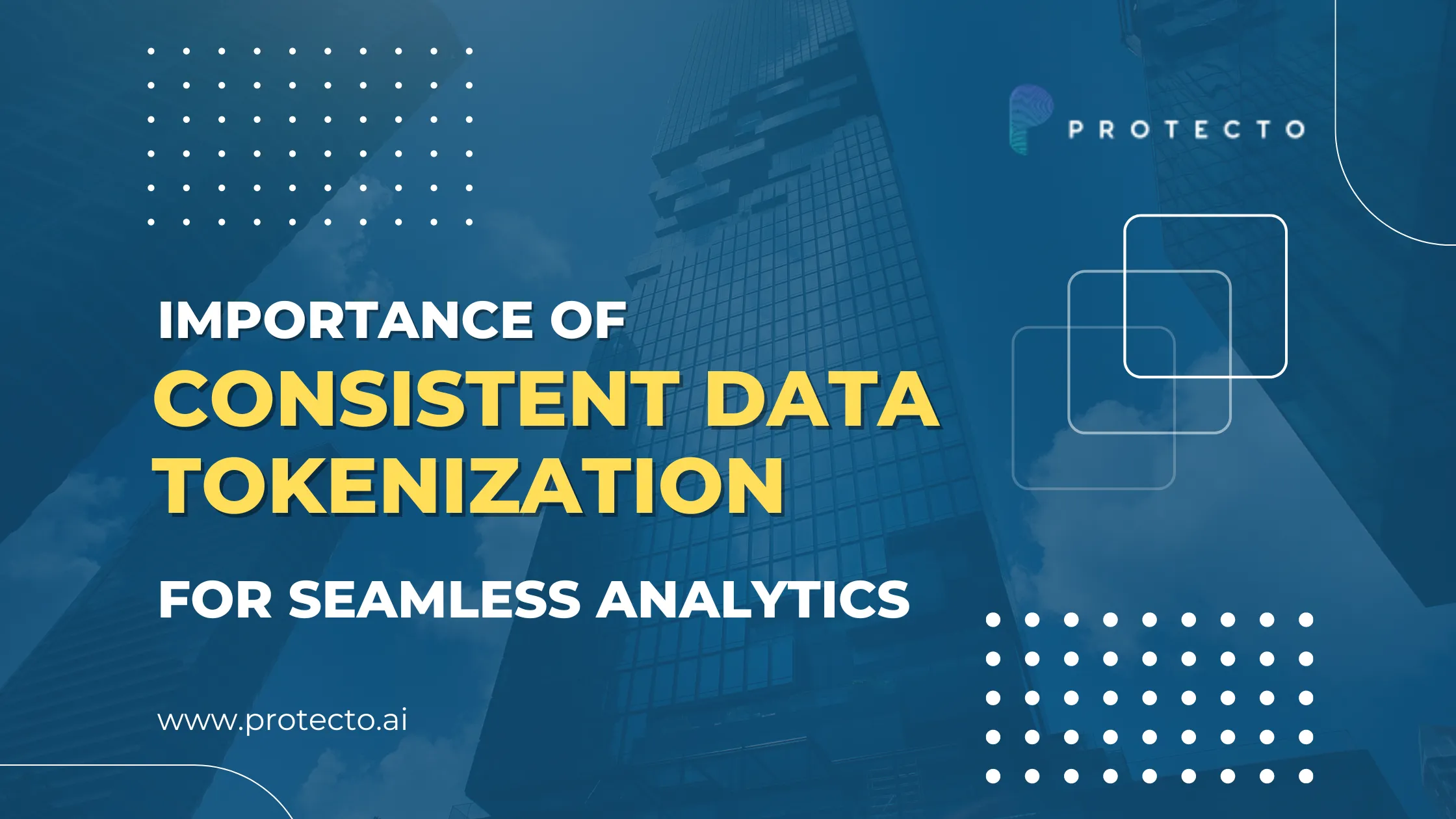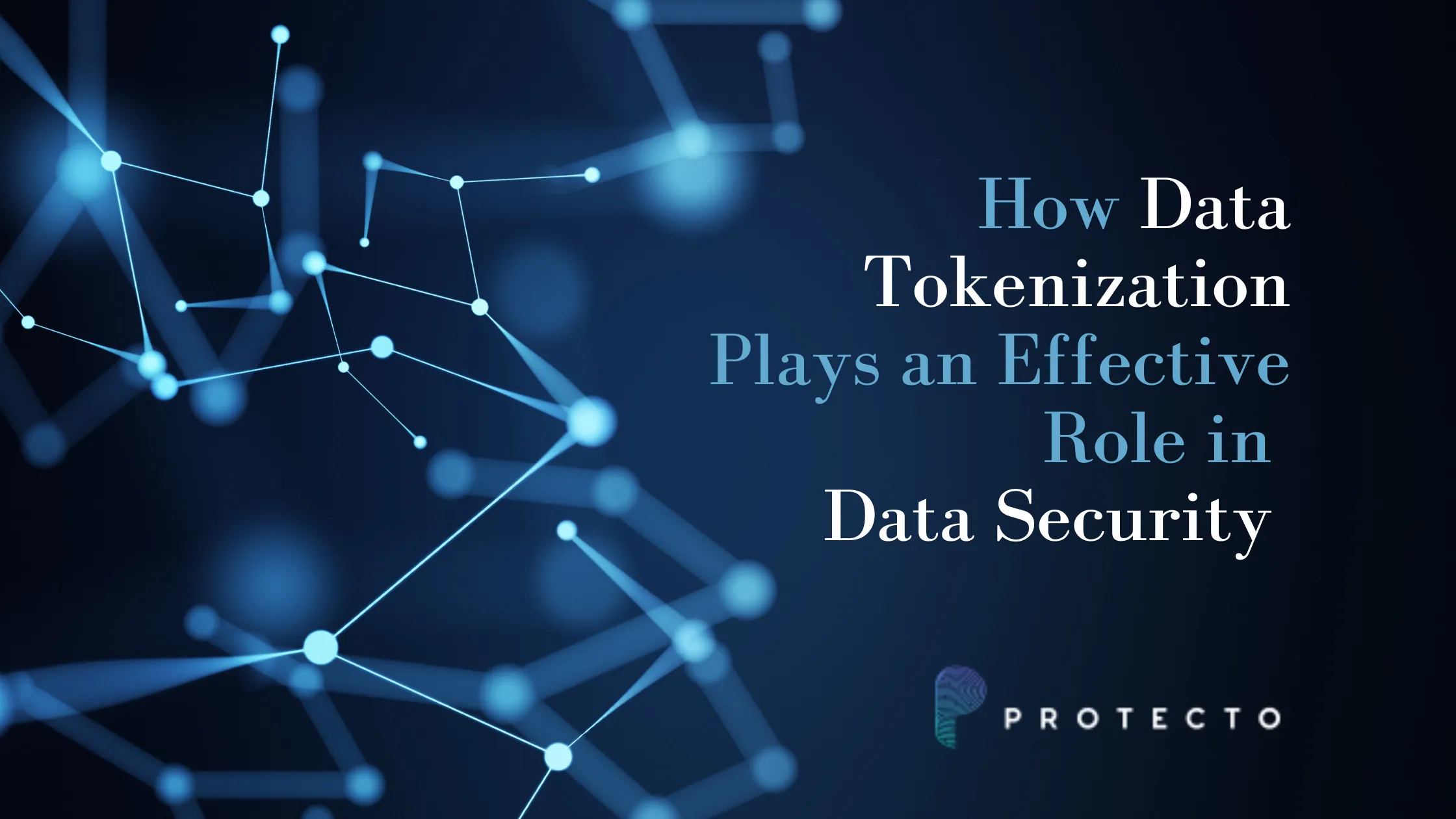
Protect and freely share your Databricks data,while protecting PII
Protecto's data privacy intelligence identifies privacy risks by factoring usage, access, sensitivity, and risk associated with your Databricks instance - in just a few clicks.
Step 1: Gain visibility on Databricks data security risks
Gain instant visibility to the type, sensitivity, and amount of PII data in your Databricks lakehouse.
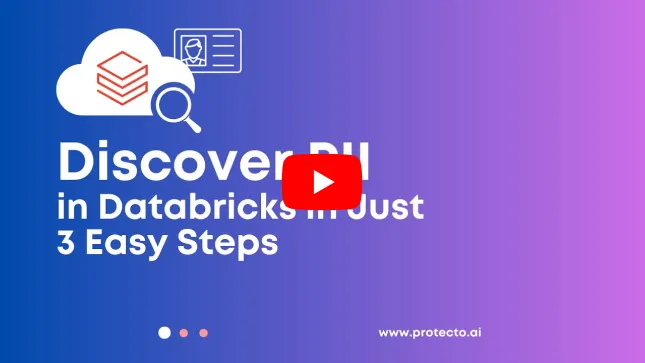
Step 2: Identify user activities in Databricks
Obtain information on who has access to which sensitive data and remove unnecessary access.
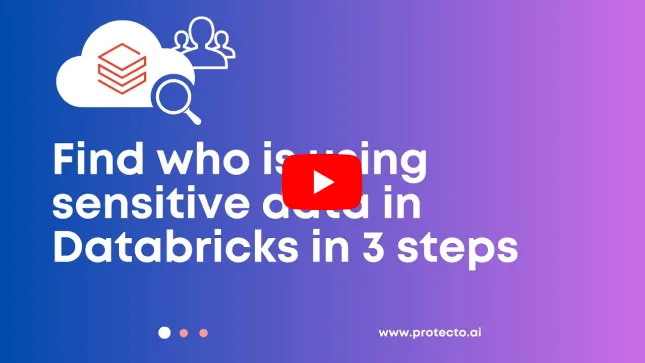
Step 2: Identify user activities in Databricks
Obtain information on who has access to which sensitive data and remove unnecessary access.
Step 3: Find overexposed sensitive data
Identify who has access to PII and sensitive in your Databricks lakehouse and how much of that data is overexposed. Monitor and remove unnecessary access as needed.
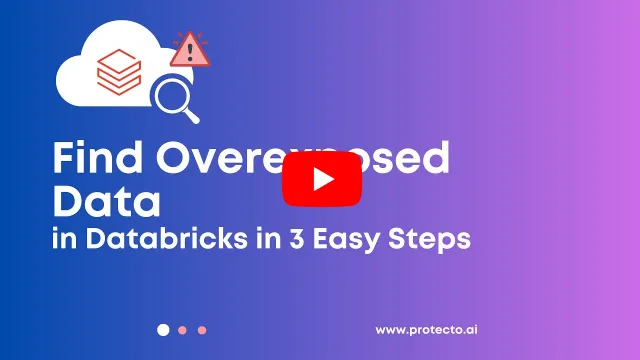
Step 4: Tokenize sensitive PII in Databricks
Keep sensitive PII data functionalbut non-identifiable by replacing it with tokens and safeguard your data from breaches.
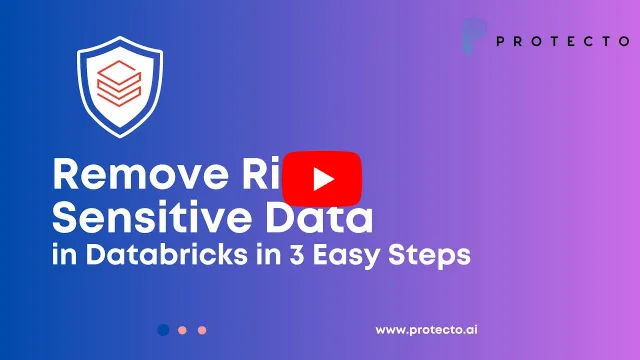
Step 4: Tokenize sensitive PII in Databricks
Keep sensitive PII data functionalbut non-identifiable by replacing it with tokens and safeguard your data from breaches.
Ready to see it yourself?

Easy Setup
- Read-only access
- Deploy as SaaS with no code setup
- Pre-built Databricks connector
- Non-intrusive & agentless

Identify and Classify PII
- Find privacy risks and vulnerabilities
- Discover overexposed personal data

Monitor activities & detect threats
- Audit user permission and activities
- Generate compliance reports
Sign up for a demo
Frequently asked questions
Data tokenization in Databricks Lakehouse refers to the process of replacing sensitive Personally Identifiable Information (PII) with randomly generated tokens. This technique helps protect the actual PII while enabling authorized users to work with tokenized data for analytics and processing.
Absolutely. Tokenized data in Databricks Lakehouse can be used for data analysis, machine learning, and other processing tasks while preserving the privacy and security of the original PII.
Resources
Importance of Consistent Data Tokenization for Seamless Analytics
Challenges in Ensuring AI Data Privacy Compliance
How Data Tokenization Plays an Effective Role in Data Security
Deliver privacy on Databricks in just a few clicks
We take privacy seriously. While we promise not to sell your personal data, we may send product and company updates periodically. You can opt-out or make changes to our communication updates at any time.
